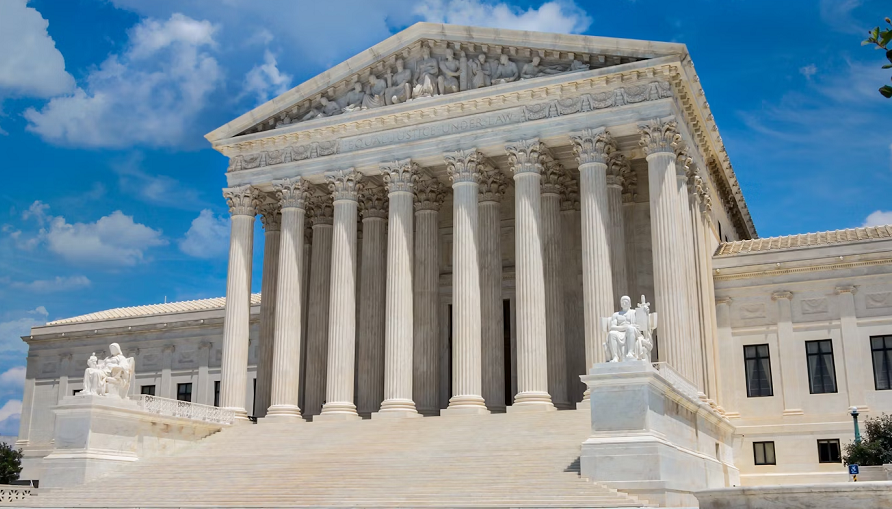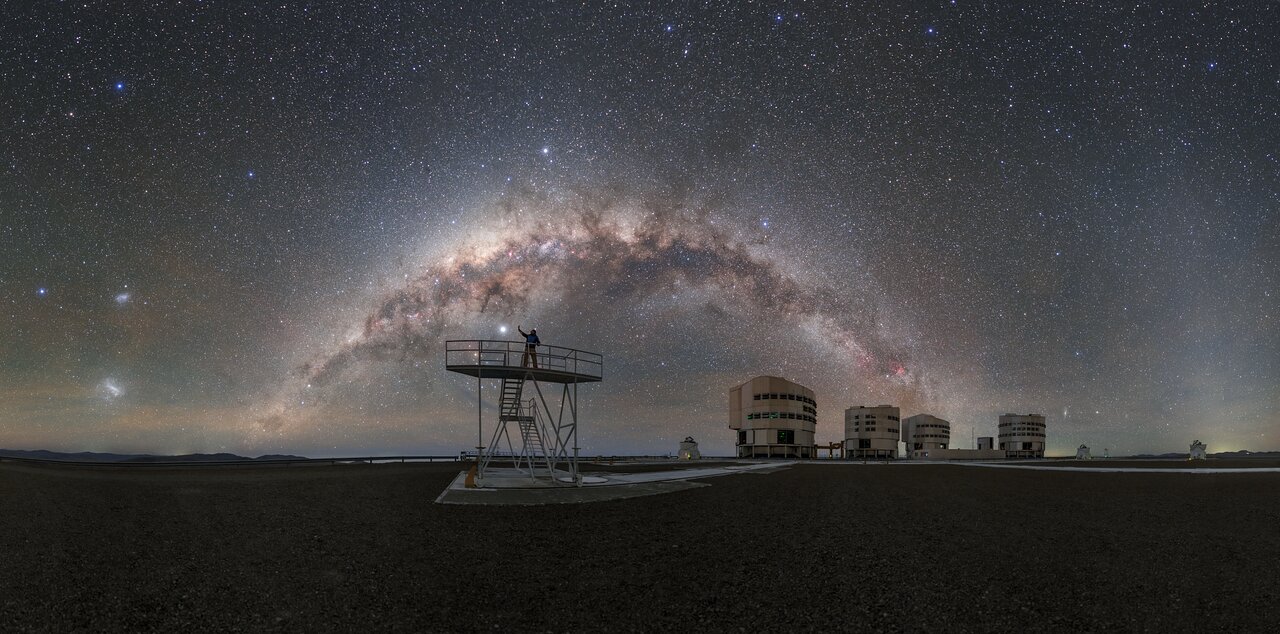
The U.S. Supreme Court is expected to uphold a law that requires ByteDance Ltd. to sell TikTok or face a ban of the app.
Several publications reported on the court’s position today following a three-hour hearing about the matter. During the hearing, several justices leaned toward accepting the U.S. government’s arguments in favor of the law.
Congress passed the legislation in question last April over concerns that TikTok could pose national security risks. The law gave ByteDance nine months to find a buyer for the app with an optional 90-day extension. If a sale doesn’t materialize, TikTok will be banned in the U.S.
TikTok promptly filed a lawsuit to overturn the legislation. In December, the company’s legal push suffered a setback when the Court of Appeals for the District of Columbia dismissed its request. TikTok subsequently asked the Supreme Court to review the matter, which is what led to today’s hearing.
The company argued that the looming ban would violate the First Amendment. U.S. Solicitor General Elizabeth Prelogar, who defended the law on behalf of the government during today’s hearing, pushed back against that line of reasoning.
“All of the same speech that’s happening on TikTok could happen post-divestiture,” Prelogar told the court. “The act doesn’t regulate that at all.”
The argument appeared to resonate with several of the justices. Chief Justice John Roberts remarked that “Congress doesn’t care what’s on TikTok,” while Justice Ketanji Brown Jackson said that “it doesn’t say, ‘TikTok, you can’t speak.’”
Prelogar argued the Chinese government could manipulate the content that users see on TikTok. Additionally, she said, the large amount of data the app collects on consumers could be used for espionage and blackmail. TikTok has about 170 million users in the U.S.
TikTok lawyer Noel Francisco said that the government should take a different approach to addressing those concerns. One possible course of action, Francisco argued, is to pass a law that would ban the social network from sharing data with ByteDance. He said TikTok could also display a notice informing its users about the government’s concerns.
Prelogar pushed back against those arguments. The U.S. government’s position is that a ban on data sharing with ByteDance would be technically impossible. Additionally, she argued, adding a notice to TikTok about the potential risks to users wouldn’t “put anyone on notice as to when that influence is actually happening.”
She added that the looming ban on TikTok wouldn’t necessarily be permanent. She said that making TikTok unavailable in the U.S. would provide a “jolt” that might persuade ByteDance to sell the app. “It will fundamentally change the landscape with respect to what ByteDance might consider,” Prelogar said.
That argument appeared to resonate with the justices, the BBC reported.
The TikTok ban is set to go into effect on Jan. 19. As a result, the Supreme Court is expected to issue its ruling in the coming days.
Image: Unsplash
Your vote of support is important to us and it helps us keep the content FREE.
One click below supports our mission to provide free, deep, and relevant content.
Join our community on YouTube
Join the community that includes more than 15,000 #CubeAlumni experts, including Amazon.com CEO Andy Jassy, Dell Technologies founder and CEO Michael Dell, Intel CEO Pat Gelsinger, and many more luminaries and experts.
THANK YOU







Leave a Comment